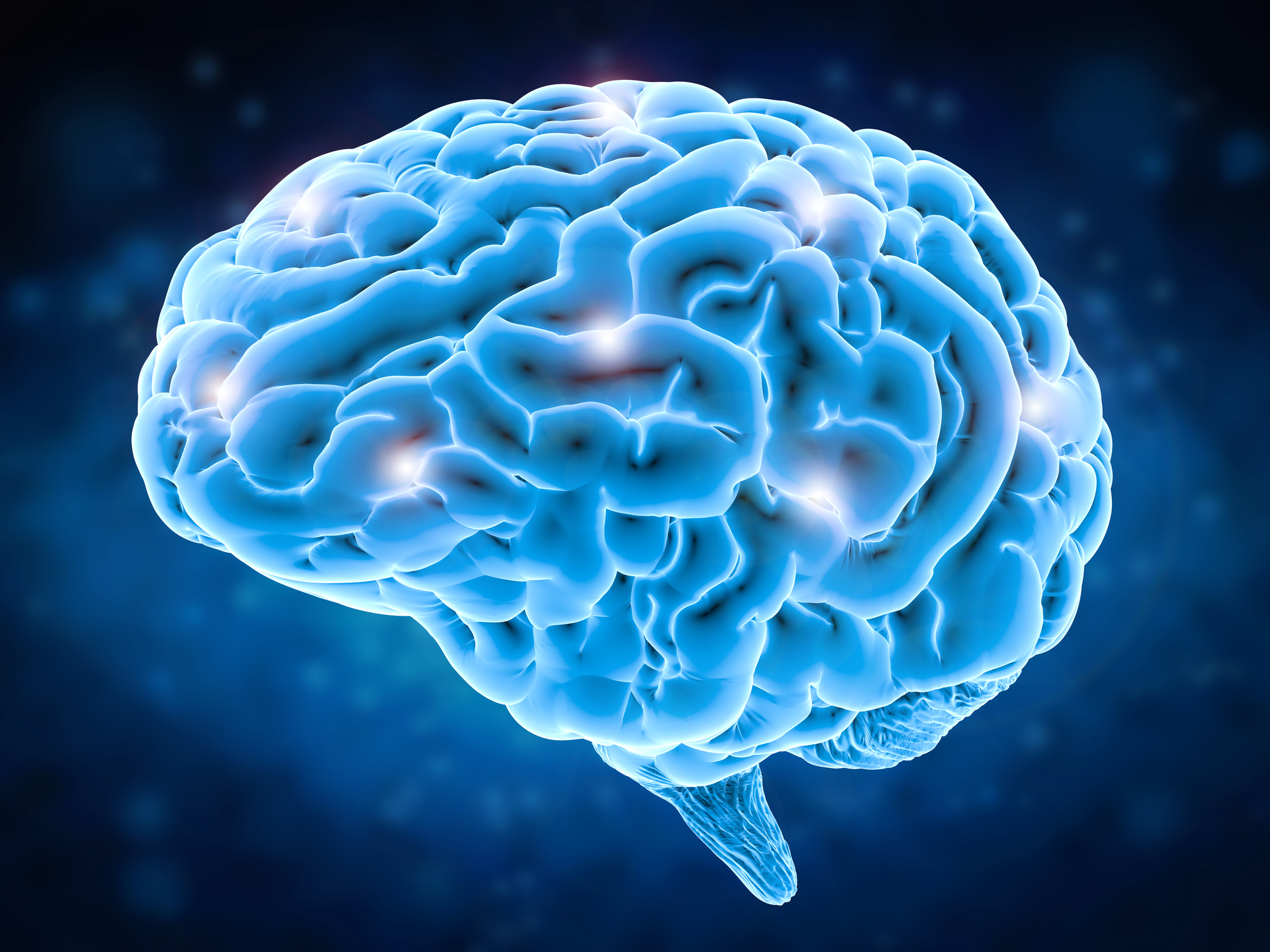Exactly how we can control these changing lactate levels is unclear, but certain behaviors and environmental factors can have an impact on the excitability of our neurons. “Alcohol intake is known to increase excitability of the neurons in withdrawal phase and avoiding excessive alcohol intake would be good in counteracting such changes,” Miyakawa said.
Bad news for my brain.
Read between the lines… just don’t go into “withdrawal phase”. Just keep drinking and you will be good.
Ah obviously the alkaline diet is the answer /s
This is the best summary I could come up with:
In a new study, published in the journal eLife, a team of 131 researchers from over 100 different laboratories around the world have demonstrated that decreasing pH levels in the brain, or increased acidity, are a common feature of a diverse range of disorders, including depression, epilepsy and Alzheimer’s.
The culprit here appears to be increasing levels of a molecule called lactate, which is produced as a waste product of normal metabolism.
“Our hypothesis is that hyper-excitations of neurons increase the production of lactate, which is quite acidic, affecting pH in the brain,” corresponding author Tsuyoshi Miyakawa, a neuroscience professor at Fujita Health University, told Newsweek.
While many questions remain unanswered, the results open up exciting new treatment avenues for a variety of neuropsychiatric and neurodegenerative disorders.
"Future studies will center on uncovering treatment strategies that are effective across diverse animal models with brain pH changes.
This could significantly contribute to developing tailored treatments for patient subgroups characterized by specific alterations in brain energy metabolism."
The original article contains 654 words, the summary contains 165 words. Saved 75%. I’m a bot and I’m open source!




